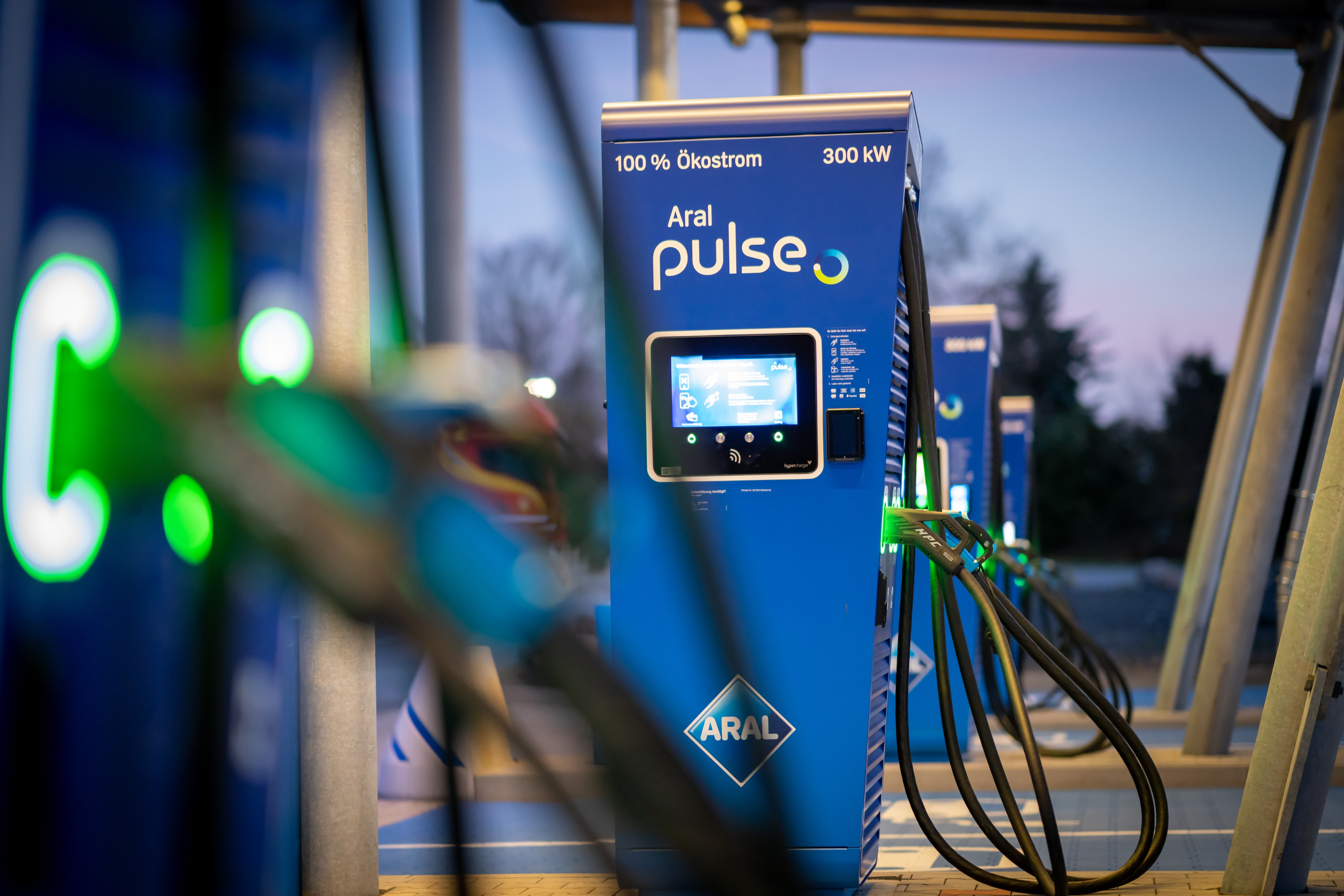
Aral targets 20 000 fast-charging stations in Germany by 2030

Aral Pulse aims to have 20 000 ultra-fast charging points for EVs in Germany by 2030 /Aral Pulse
British oil company BP continues to set ambitious targets for its network of ultra-fast charging stations. By 2030, it wants to roll out 20


Comments
Ready to join the conversation?
You must be an active subscriber to leave a comment.
Subscribe Today